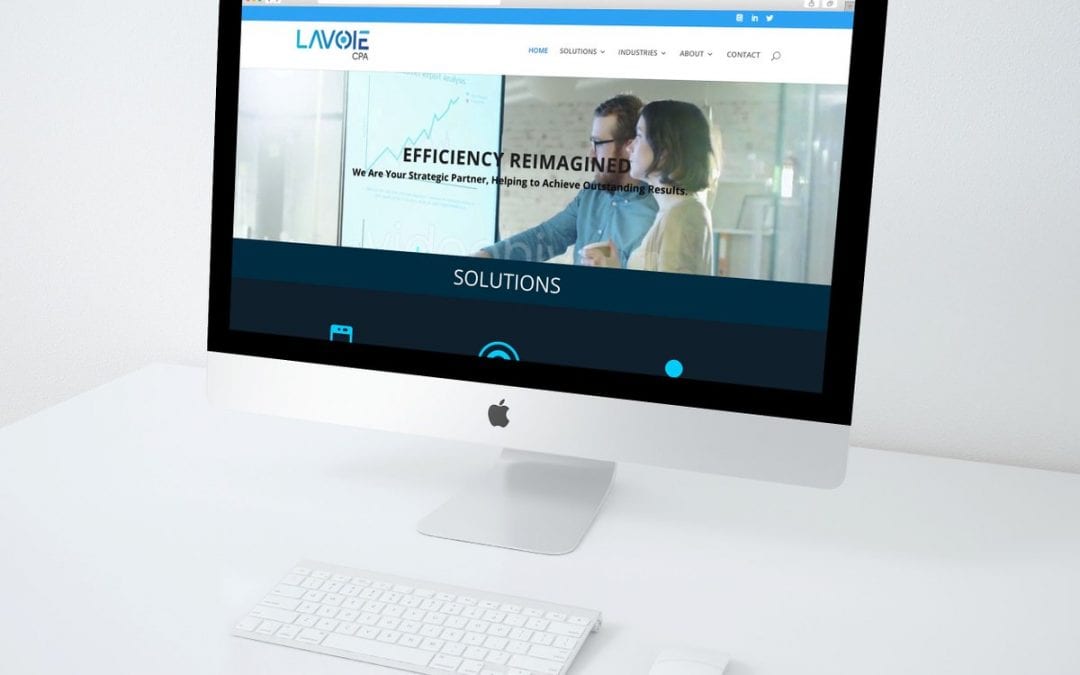
3 Key Tech Benefits in Healthcare
Technology is disrupting markets in significant ways by reducing costs, making systems and processes more efficient and empowering customers. The healthcare industry, which had $3.2 trillion in expenditures in 2015 (nearly 18% of total GDP) in the U.S., is expected to be able to reduce costs by $300 billion by simply implementing new technology. Before going into the key tech benefits in healthcare, we will briefly discuss the different technology solutions that are already making an impact.
Related: How do CFOs Keep Up with Technology Changes?
Artificial Intelligence
Commercialization of big data and machine learning has introduced AI to the healthcare industry and it’s believed to change the way diagnoses and treatment of patients are carried out. A study by Frost and Sullivan in 2016 projected that the AI market in healthcare will grow by 40% and reach $6.6 billion in 2021. Additionally, Frost and Sullivan also projects that AI can improve outcomes by 30-40% and reduce treatment costs by 50%. Ultimately, AI is expected to allow the health industry to automatically diagnose and recommend treatments to patients. The fact that implementing AI will reduce costs makes it even more enticing.
Mobility
By 2018 it is estimated that 65% of all interactions with healthcare facilities will be via mobile devices. In November 2016, StatCounter also reported that, for the first time, there are more users around the world that are accessing the Internet from mobile devices than from desktop computers. Needless to say, the increase in mobile usage among customers is something that the healthcare industry is taking advantage of. Mobile usage has also enabled the new concept Telemedicine, where patients can get in touch with their physicians from remote locations by simply joining a conference call.
Cloud Access
Cloud technology has changed healthcare facilities in multiple areas by for example allowing employees get real-time guidance through information systems. More importantly, cloud access has allowed healthcare facilities to safely store data and for a reduced cost. Hospitals, in particular, have to store massive amounts of data on patients on a daily basis that they ultimately use to make strategic and informed decisions about treatments.
Related: A Beginner’s Guide to Cloud Computing
Main Tech Benefits in Healthcare
Technology will continue to disrupt the healthcare industry going forward, and there is a reason for it. Digital approaches offer enticing benefits for both healthcare facilities and patients.
1. Reduced Cost
Technology will reduce costs, both for businesses and customers. Businesses want to maximize profits, customers want to pay less money. All in all, it works out for everyone.
2. Better Care
Technology approaches such as cloud software allows physicians to make better informed decisions in tough times, which ultimately can improve treatments of patients and outcomes. Healthcare facilities want to treat patients so they can live longer lives and patients want to receive the best care possible. Technology makes this possible.
3. Empowered Patients
Finally, technology also empowers the patients, who no longer have to schedule their days around a doctor’s visit. Technology has essentially allowed healthcare facilities to become more patient-centric.
Conclusively, technology in healthcare offer many innovative approaches to grow and save money at the same time. What are your thoughts on technology as it relates to healthcare? Do you agree on the benefits listed above or do you see other potential benefits with technology in healthcare? We would love to hear your thoughts in the comments section.





